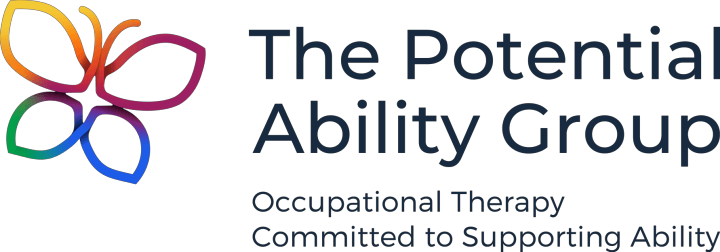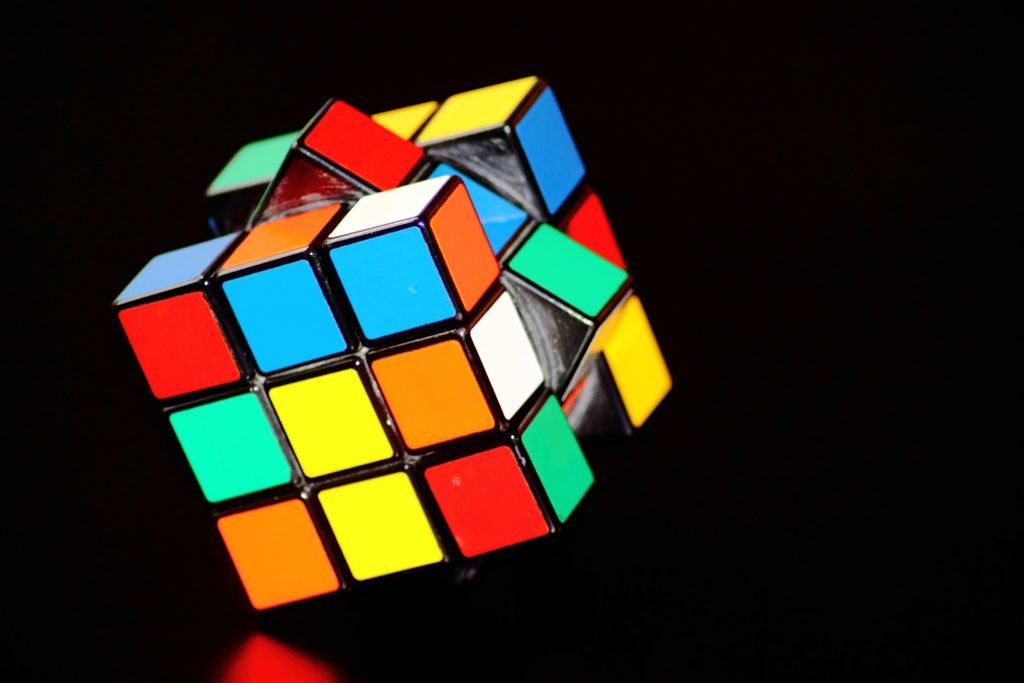Puzzles have long been an old favourite; a pre-loved activity that seems to have gone missing, particularly from classrooms. Spatial activities and toys like puzzles are fun and engaging, and importantly they are essential ‘problems’ to solve as a kid. Puzzles can be basic with large shapes, sliding puzzles, jigsaw puzzles and things like Rubik cubes, plus many more and are superb at building, strengthening and igniting several developmental skills through play. So why have they gone missing in action? Is it because we are time pressured and there isn’t the flexibility to spend the time required on puzzles? Is it because there is no instant gratification from puzzles, it actually requires applied work? Is it that we have lost sight of how important puzzles are for the developing child and the fun they can bring? Here’s a reminder on how central puzzles are in helping a child develop their skills and reasons to bring puzzles back to homes and classrooms.
Motor skills, executive functioning, emotional intelligence and self-confidence are some of the developmental areas in particular that puzzles are the building blocks for as well as spatial skills. The list of which skills are supported and developed through play and solving of puzzles is endless. Really they are just the ‘bees knees’ when it comes to functional activities OT’s use in therapy. We could talk about their benefits for days, but in the interest of time we have summarised this below to hopefully prompt you to think twice about passing up these brain teasers next time.
One of the most fundamental skills puzzles work on are spatial skills. Puzzles require an individual to cognitively manipulate objects, the information about objects and their surroundings. It is a skill we use in everyday life including at school for things like packing the school bag or sharing things equally and this has been linked with many school readiness capabilities like recognising and copying shapes. Puzzles give exposure to spatial language and spatial understanding for example “turn it around, other way, big or small, that side or other side”. They challenge our thinking!
Puzzles work on problem solving skills and other cognitive skills like paying attention, organising and sequencing movements, judgement and reasoning. Imagine moving through childhood and into adult life without a strong baseline of these skills. Strategies through choice and evaluation are developed to successfully find and fit the correct puzzle piece. Memory and the ability to retain information is needed to help this, you need to remember what size, shape and colour piece you are looking for. What this is teaching a child is to see the problem, develop a solution, try ‘this’ and if unsuccessful, try again until a solution is found. What a skill to be taken into their life going forward, try, try and try again.
Puzzles are generally based on themes. They teach perspective and understanding of different parts of the world, helping children create their bigger picture of the world around them. It exposes them to a range of concepts, shapes for shape recognition, animals, farm animals, letters, vehicles - the list goes on. Children become aware of these concepts, how they fit together in the direct puzzle and then also in life around them.
Next, and almost just as importantly, puzzles are a goal orientated task that requires persistence, perseverance and resilience. Mistakes are made that boost learning opportunities and it requires an individual to be patient as they work towards the reward of finishing the puzzle. Puzzles have an end point but they teach the need to work for this which is such an important life skill and once they achieve this, wow, their self-esteem has sky rocketed.
You need to reach, grasp and handle all different sized puzzle pieces to figure out how these fit into the spaces. This works on developing the small and intrinsic muscles in the hand and fingers, which are important for handwriting, tying shoe laces, managing cutlery, etc. Developing from this same repetitive movement is visual motor coordination, better known as hand eye coordination. The brain, eyes and hands work together to look at the space that needs filling, look for a piece that is the same shape and size, pick it up and work on making it fit. An essential skill for sports, learning letter formation and drawing.
Puzzles are cost effective, can range in complexity meaning you can find one to match your child’s age and abilities easily. They have been around for a lifetime and need to return to the daily lives of children. Give them the opportunity to learn from puzzles and develop foundational skills that will prepare and equip them for the following stages in life.
Can you see how puzzles are an important piece of the developmental puzzle? What can you do to encourage puzzles to become a part of the common home and classroom again?

